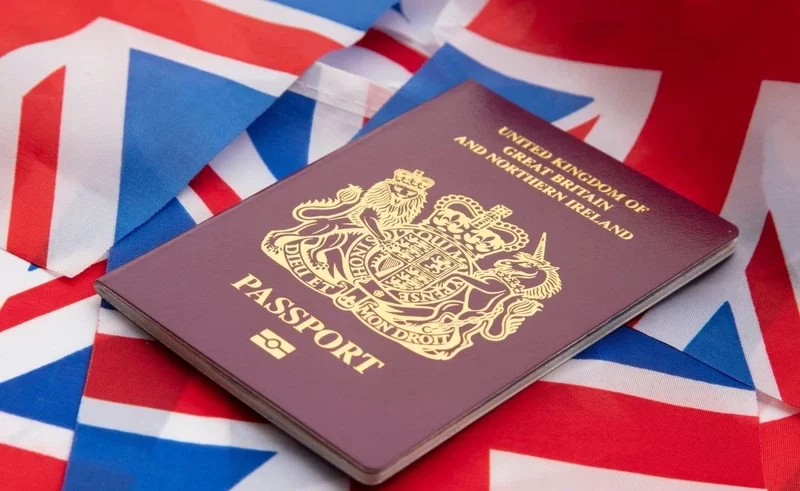
Soon after the withdrawal of the United Kingdom from the European Union and the termination of freedom of movement between the two, the UK Government introduced its “New Plan for Immigration”, which not only added further limitations on the rights of refugees, migrants, and asylum seekers but also proposed the amendment of the British Nationality Act 1981 (BNA). Despite the severity of statelessness in the UK, the new Nationality and Borders Act, which ultimately came into force on 28 April 2022, can increase the number of stateless people at risk and leave more children in limbo.
The UK, recognizing the fundamentality of the right to nationality, as enshrined in article 15 of the 1948 Universal Declaration of Human rights and recognized in international human rights law, is one of the first countries to ratify both 1954 Convention relating to the status of Stateless Persons and 1961 Convention on the Reduction of Statelessness. Although ostensibly UK generally complies with its obligations in this area, as it has adopted the definition of a stateless person of the 1954 Convention and has established a statelessness determination procedure, the data reveal a different reality. According to the report published by the UN Refugee Agency, the number of stateless people in the UK, including forcibly displaced stateless has increased over the last 3 years. At the end of 2020, the number of stateless persons was 4.662. In 2021 was 5.177 and by mid-2022 increased to 5.483.
Statelessness is a phenomenon that severely affects children. Childhood statelessness has left many children growing up in extreme poverty and excluded from basic rights, like access to education and healthcare. In the UK the number of children that are stateless or at risk of statelessness is unknown, and the data available are extremely limited. According to studies, more than 200,000 children in the UK have no British citizenship or residence permit to stay in the country. Apart from the known stateless populations in the UK, namely Rohingya, Kuwaiti Bidoon, or Palestinian refugees, there are other children whose situation remains unknown. These can be children in care, affected by domestic abuse, or children whose mothers come from a country that limits women’s ability to confer nationality. The problem is that after 1983 when the British Nationality Act 1981 came into effect, the UK no longer provides ‘birthright’ (or ‘jus soli’) citizenship. Thus, children born in the UK are not automatically British nationals, but they need to have at least one parent who is a British citizen or “settled” in the UK at the time of the birth. In addition to the British nationality law, childhood statelessness in the UK has become worse as many countries do not provide automatic recognition of nationality for children born by their nationals abroad.
Although there are several ways for a stateless child to acquire British citizenship, the procedure has many flaws. Among the biggest challenges, these kids confront is the difficulty in accessing quality legal advice and representation. But even if they do, the cost of the fees for the registration is usually unbearable. Currently, the cost exceeds £1,000 per child, and no reductions or exceptions are provided. In addition, the determination procedure is long and complex. Most of the time applicants do not know what evidence they need to provide, or in some cases, they might not even have the necessary evidence. Things get more complicated when there is no actual assistance for the applicants.
While expecting that the new Nationality and Borders Act would set as a priority the visibility and security of stateless people, it introduced two amendments that could potentially worsen statelessness in the country. The Act gives the State the right to deprive someone of their nationality without giving them notice, excluding the stateless person from filing an appeal or exercising his/her right to a fair hearing. Stateless minors are not an exemption from the scope of the new Act. In particular, it sets as a requirement for the acquirement of British citizenship by stateless children aged 5-17 and born in the UK that the Government must be “satisfied that the person is unable to acquire another nationality”. The vagueness of the term “satisfied” raises more questions than answers when childhood statelessness is asking for an urgent response than ever before.
By The European Institute for International Law and International Relations.















